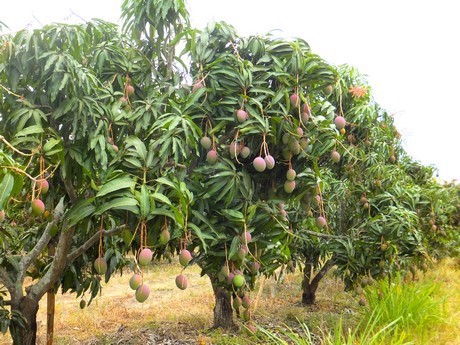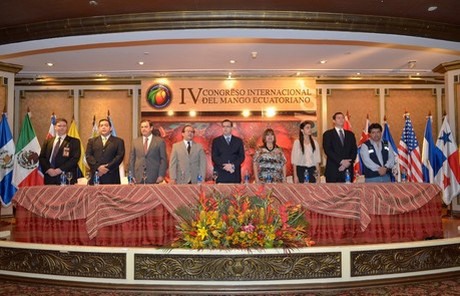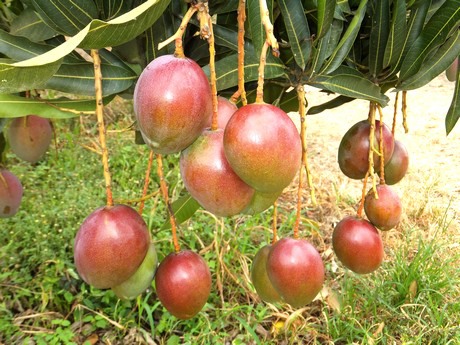
Thus, there is the need to provide continuous education for producers and exporters that wish to send this fruit to demanding markets, like the US, Asia, and Europe. In response to this need, the International Ecuadorian Mango Congress is held every two years in Ecuador collecting the necessary market information and updates in the cultivation process. "This year marks the sixth time we will hold this congress. It will be held at the Hotel Oro Verde in Guayaquil from September 1 to September 3. We'll have the presence of producers and importers from around the world, as well as speakers from 7 different countries. The main topics to be discussed are new technologies for mango cultivation, diseases, pests, improving quality, post-harvest issues, technical matters, and the mango's market, among other things," said Sergio Cedeno, from Ecuador's Mango Foundation.

The main objective of this conference is to provide updated information on new technologies and market developments to the attendees so that they increase their knowledge about how to manage and market this fruit. "The congress will last three days, from September 1 to September 3. We'll have conferences over two days and then we'll visit the Pivano hacienda, where there will be a live demonstration of the harvesting, certifications, and logistics processes required depending on the country of destination," said Cedeno.

E: [email protected]
T: + 5934-2136329
www.mangoecuador.org










